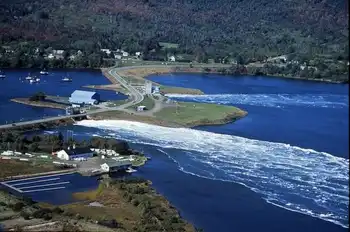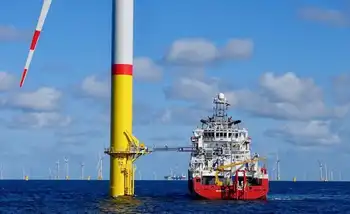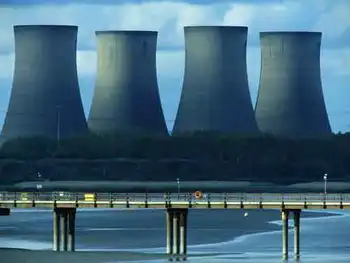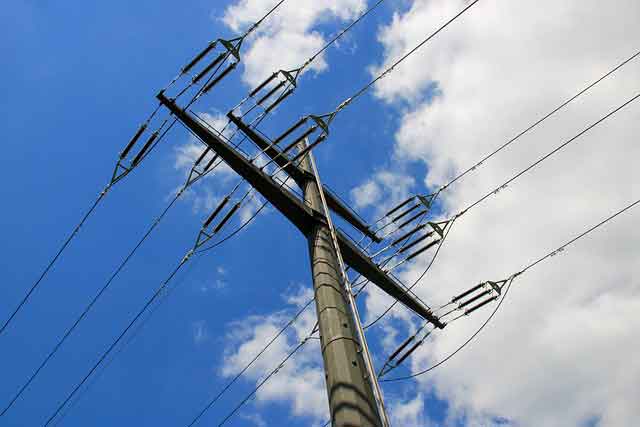Australia to set up carbon capture institute
Prime Minister Kevin Rudd said he would seek international backing for the institute at an address to the United Nations General Assembly in New York, as current global efforts to clean up coal-fired energy emissions were haphazard.
"A lot of good work is going on out there, but it's not very coordinated," Rudd told reporters and energy industry executives.
"What we are trying to do is bring it together, not just to make Australia the go-to place for this critical technology for the future, but also to make a real difference," he said.
Australia is the world's top coal exporter and 16th-biggest carbon polluter, producing about 1.5 percent of global emissions. But the country is the fourth-largest emitter per person, relying heavily upon coal-fired electricity for energy.
The institute, Rudd said, would be tasked with helping reach a goal set in Japan by the G8 group of rich nations recently of having 20 industrial-scale carbon-sequestering coal-fired power plants running by 2020.
So-called geo-sequestration of carbon, in which carbon dioxide is liquefied and pumped into underground rock layers for long-term storage, could account for 20 percent of global mitigation efforts by 2050, he said.
Environment watchdog Greenpeace said the centre-left government was focusing on the "false hope" of carbon capture and storage to protect the coal industry, while shunning proven renewable technologies like wind, solar and geothermal energy.
"Clean, sustainable solutions to climate change already exist," Greenpeace climate and energy campaigner Simon Roz said.
Related News

Canada Makes Historic Investments in Tidal Energy in Nova Scotia
HALIFAX - Canada has an abundance of renewable energy sources that are helping power our country's clean growth future and the Government of Canada is investing in renewables to reduce emissions, create jobs and invigorate local economies in a post COVID-19 pandemic world.
The Honourable Seamus O'Regan, Canada's Minister of Natural Resources, today announced one of Canada's largest-ever investments in tidal energy — $28.5 million to Sustainable Marine in Nova Scotia to deliver Canada's first floating tidal energy array.
Sustainable Marine developed an innovative floating tidal energy platform called PLAT-I that has undergone rigorous testing on the waters of Grand Passage for…





